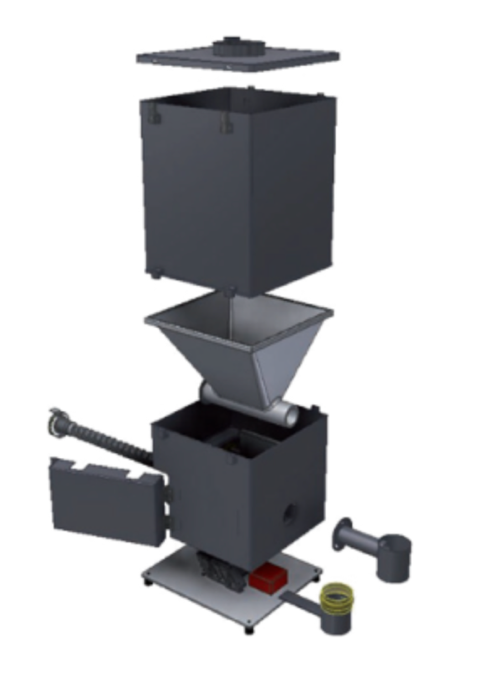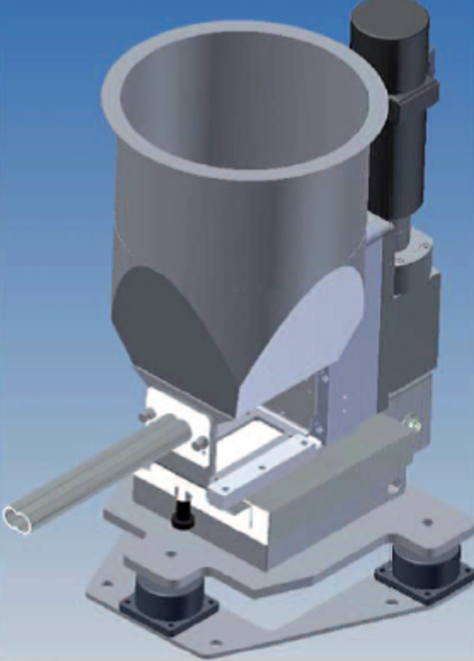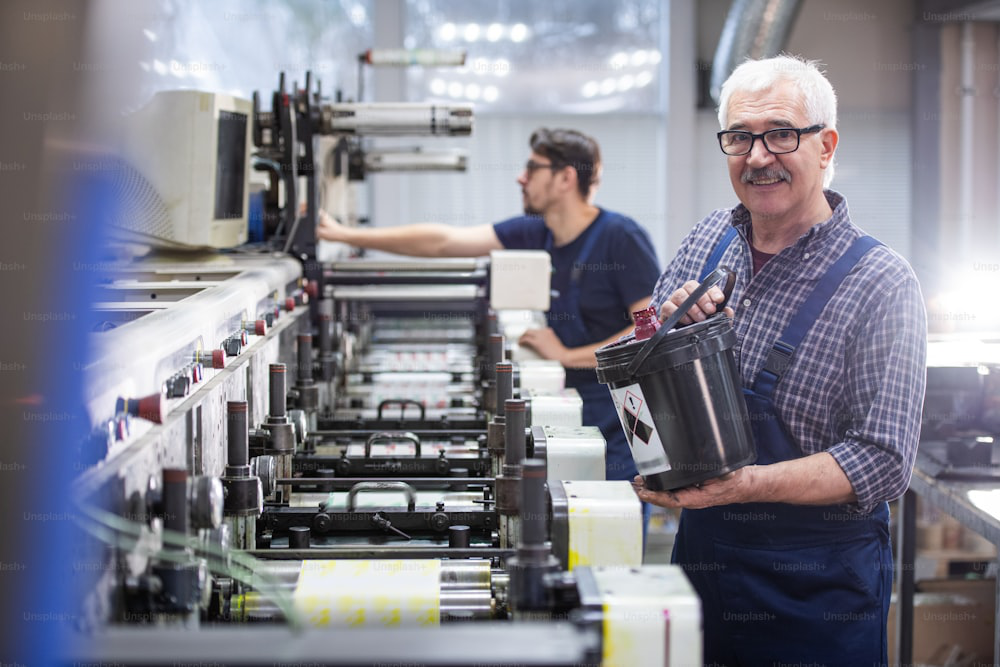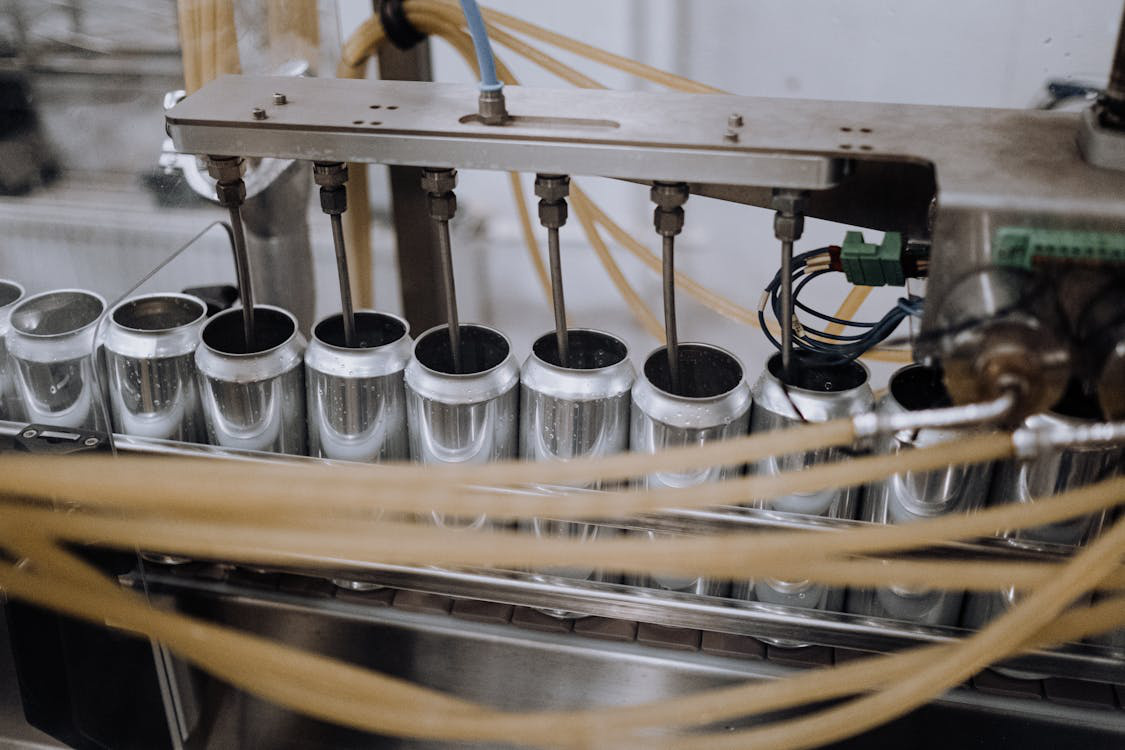Due to the competitiveness prevalent in the manufacturing industry, efficiency has become the lifeblood of success. Every second counts, and any delay can ripple through the entire production line, causing significant disruptions.
One often overlooked but crucial factor in maintaining streamlined production schedules is feed accuracy. Precise feeding systems and mechanisms can make a world of difference, enhancing production efficiency, reducing downtime, and ultimately boosting profitability.
In this blog post, we discuss feed accuracy benefits in detail, along with technological advancements for improving feed accuracy.
Understanding Feed Accuracy
Feed accuracy refers to the precision with which materials are delivered to the next stage of the production process. This can involve a variety of feeding mechanisms, from automated conveyors to robotic arms, each designed to ensure that materials arrive at the right place, at the right time, and in the correct quantity. The goal is to minimize errors and maintain a smooth, continuous flow of materials through the production line.

Feed Accuracy Benefits
1. Reduced Downtime
Downtime is a major productivity killer in manufacturing. Every minute that a machine is idle translates to lost production and increased costs. Accurate feeding mechanisms help minimize downtime by ensuring that materials are always available when needed. This reduces the likelihood of stoppages due to material shortages or misfeeds, keeping the production line running smoothly.
2. Improved Product Quality
Consistent feed accuracy is essential for maintaining high product quality. Inconsistent or inaccurate feeding can lead to defects, resulting in wasted materials and the need for rework. Precise feeding ensures that materials are handled correctly, maintaining the integrity and quality of the final product.
3. Enhanced Production Speed
Accurate feeding mechanisms can significantly increase production speed. By delivering materials precisely and efficiently, these systems reduce the time needed for each production cycle. This allows manufacturers to produce more units in less time, increasing overall throughput and enabling them to meet tight deadlines.
4. Lower Operational Costs
Efficient material handling reduces waste and minimizes the need for manual intervention. This translates to lower operational costs. With precise feeding mechanisms, manufacturers can optimize their use of materials, reduce scrap rates, and minimize the labor required to manage the production process.
5. Better Inventory Management
Accurate feeding mechanisms also contribute to better inventory management. By ensuring that materials are used efficiently and predictably, manufacturers can maintain more accurate inventory levels. This reduces the risk of overstocking or stockouts, leading to cost savings and improved production planning.
Streamlining Production Timelines
Feed accuracy plays a pivotal role in streamlining production timelines. Here’s how:
1. Automation and Integration
Modern manufacturing relies heavily on automation. Automated feeding systems, integrated with other production machinery, create a seamless flow of materials. This integration allows for real-time monitoring and adjustments, ensuring that the entire production line operates harmoniously. By automating material handling, manufacturers can eliminate bottlenecks and reduce the manual oversight needed, which speeds up the production process.
2. Precision in High-Volume Production
In high-volume production environments, even small deviations in feed accuracy can lead to significant inefficiencies. Precise feeding mechanisms ensure that every unit is produced to the same standard, maintaining consistency and reducing the need for quality control interventions. This is especially critical in industries such as automotive or electronics, where precision is paramount.
3. Adaptive Feeding Systems
Advanced feeding systems are equipped with sensors and feedback loops that allow them to adapt to changing conditions. For example, if there is a slight misalignment in the conveyor system, the feeding mechanism can adjust in real-time to correct the issue. This adaptability reduces the likelihood of stoppages and maintains a steady production pace.

Technological Innovations Enhancing Feed Accuracy
The landscape of manufacturing is constantly evolving, and technological innovations play a crucial role in improving feed accuracy. Some of the cutting-edge advancements include:
1. Smart Sensors and IoT Integration
Smart sensors integrated with the Internet of Things (IoT) are revolutionizing feed accuracy. These sensors provide real-time data on material flow, allowing for immediate adjustments and fine-tuning of feeding mechanisms. IoT integration facilitates seamless communication between different parts of the production line, ensuring optimal coordination and efficiency.
2. Machine Learning and Predictive Maintenance
Machine learning algorithms analyze vast amounts of data from feeding systems to predict potential issues before they cause downtime. Predictive maintenance, powered by machine learning, enables manufacturers to schedule maintenance activities proactively based on the actual condition of equipment rather than predetermined schedules. This minimizes unexpected breakdowns and enhances feed accuracy.
3. Robotic Automation
Robotic automation has significantly improved the precision of feeding mechanisms. Robots equipped with advanced vision systems can identify and handle materials with high accuracy, adapting to variations in size, shape, and orientation. This flexibility ensures consistent material delivery and reduces the likelihood of errors.
4. Advanced Material Handling Systems
Innovative material handling systems, such as automated guided vehicles (AGVs) and autonomous mobile robots (AMRs), are enhancing feed accuracy by efficiently transporting materials across the production floor. These systems can navigate complex environments and adjust their routes in real-time, ensuring timely and accurate delivery of materials to the production line.

At Orbetron, we excel in creating bulk feeding technologies, providing solutions for industries that work with powders, granules, and liquids. Whether your field is plastics, pharmaceuticals, chemicals, or food processing, our solid metering machines are tailored to meet your unique requirements.
Our team offers bespoke bulk feeding and liquid mixing systems to address your manufacturing challenges. From solids metering devices to extrusion technology, Orbetron’s equipment is designed for optimal material handling, ensuring dependable performance.
Reach out to us today to discover how our cutting-edge feeding systems can boost your production efficiency and streamline your manufacturing operations.

